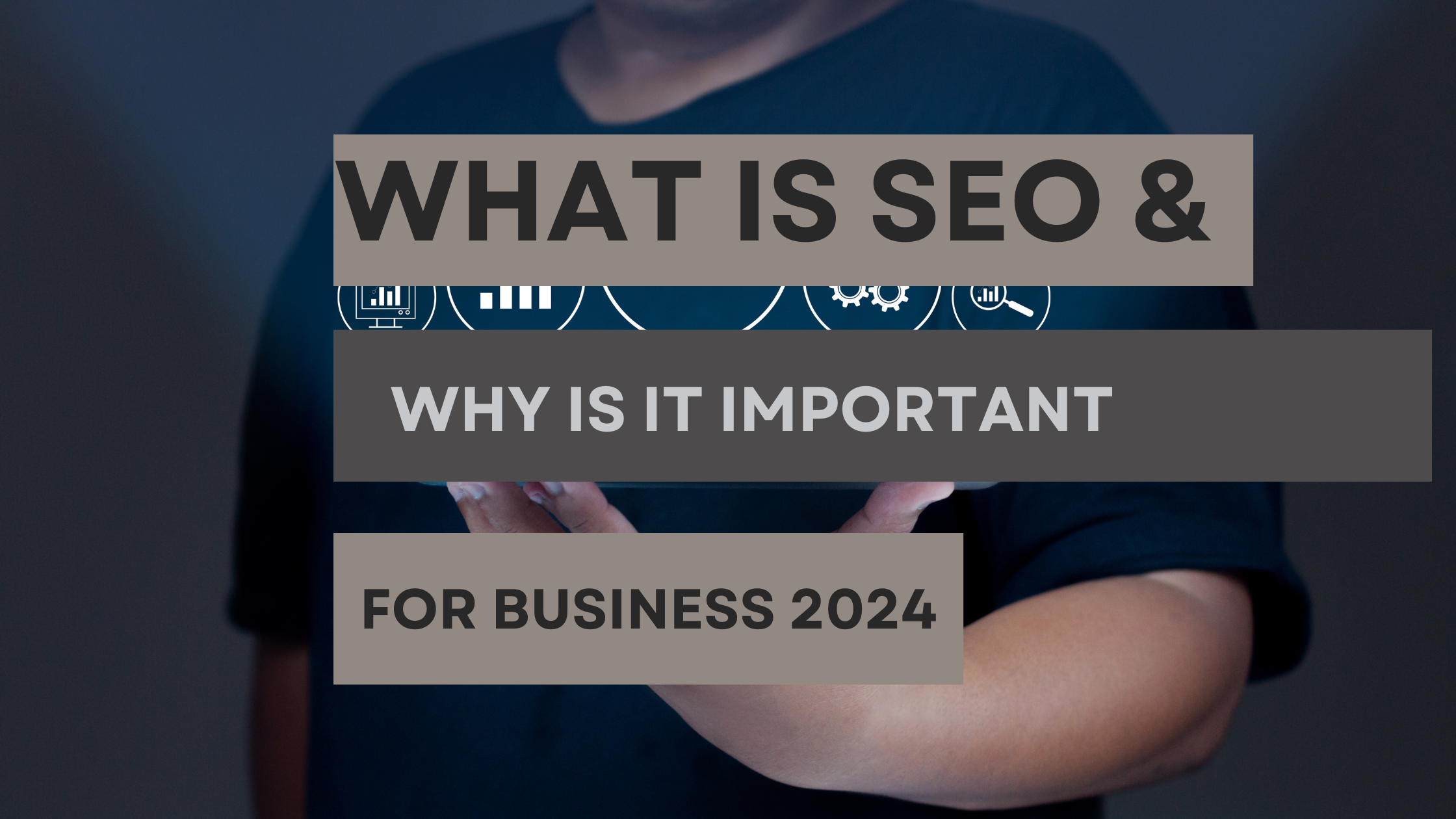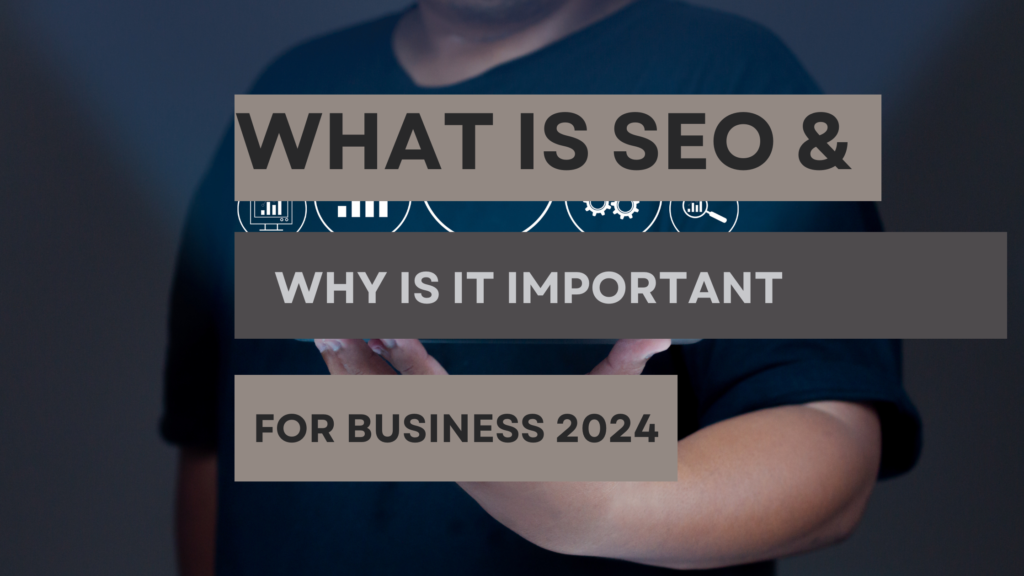Address
304 North Cardinal St.
Dorchester Center, MA 02124
Work Hours
Monday to Friday: 7AM - 7PM
Weekend: 10AM - 5PM
Address
304 North Cardinal St.
Dorchester Center, MA 02124
Work Hours
Monday to Friday: 7AM - 7PM
Weekend: 10AM - 5PM


Hey there, ever wondered how some websites pop up on the first page of Google while others are buried deep down? The secret lies in SEO, or Search Engine Optimization. Let’s dive deep into this fascinating world and unravel its mysteries!
SEO stands for Search Engine Optimization. In simple terms, it’s the practice of optimizing websites to rank higher in search engine results pages (SERPs). Think of it as a roadmap that helps search engines find, understand, and index your content, making it easier for users to discover your site.
In today’s digital age, having a strong online presence is crucial for businesses. SEO plays a pivotal role in driving organic traffic to your website, increasing visibility, and boosting brand awareness. It’s like having a storefront in the busiest part of town, where foot traffic is abundant, and potential customers are just a click away.
SEO isn’t just about ranking high on search engines; it’s about reaching the right audience at the right time. By optimizing your website, you increase its visibility, making it more likely to appear in relevant searches. This, in turn, drives organic traffic to your site, leading to higher conversion rates and better ROI.
On-Page SEO focuses on optimizing individual web pages to improve their rankings and attract more organic traffic. This includes optimizing meta tags, headings, and content, ensuring that your site is user-friendly and provides value to visitors.
Off-Page SEO refers to actions taken outside your website to improve its search engine rankings. This includes building high-quality backlinks, social media marketing, and influencer outreach. Think of it as building your website’s reputation and authority in the digital world.
Technical SEO deals with the backend of your website, ensuring that it’s accessible and easily crawlable by search engines. This includes optimizing site speed, fixing broken links, and implementing XML sitemaps. It’s the foundation that supports all other SEO efforts.
Keywords are the building blocks of SEO. They are the phrases that users type into search engines when looking for information. Conducting thorough keyword research helps you understand what your target audience is searching for, allowing you to create content that resonates with them.
Content is king in the world of SEO. Creating high-quality, relevant, and engaging content is essential for attracting and retaining visitors. By optimizing your content with targeted keywords, meta tags, and headings, you can improve its visibility and ranking on search engines.
Link building is a crucial aspect of off-page SEO. It involves acquiring backlinks from reputable websites to improve your site’s authority and credibility. Quality over quantity is key here, as high-quality backlinks can significantly boost your rankings.
With the increasing use of mobile devices, optimizing your website for mobile is no longer optional; it’s a necessity. Mobile-friendly sites rank higher in mobile search results, providing a better user experience and driving more organic traffic.
Local SEO focuses on optimizing your website for local searches. This includes claiming your Google My Business listing, optimizing local keywords, and encouraging customer reviews. It’s a powerful way to attract local customers and increase foot traffic to your business.
Social media plays a significant role in SEO by driving traffic, building brand awareness, and creating backlinks. Sharing your content on social platforms can increase its visibility and reach, leading to improved rankings on search engines.
Monitoring and measuring your SEO efforts is essential to understand what’s working and what needs improvement. Tools like Google Analytics and Google Search Console can provide valuable insights into your website’s performance, helping you make informed decisions.
Avoiding common SEO pitfalls can save you time and effort in the long run. Some common mistakes include keyword stuffing, neglecting mobile optimization, and ignoring technical SEO issues. By staying informed and adhering to best practices, you can avoid these pitfalls and achieve better results.
The world of SEO is ever-evolving, with new trends and technologies emerging regularly. Keeping up with these changes is crucial for staying ahead of the competition. Some upcoming trends to watch out for include voice search optimization, AI-driven SEO strategies, and user experience (UX) optimization.
Conclusion
SEO is a dynamic and multifaceted discipline that plays a critical role in the success of any online business. By understanding its components and implementing best practices, you can improve your website’s visibility, drive organic traffic, and ultimately, achieve your business goals.
FAQs